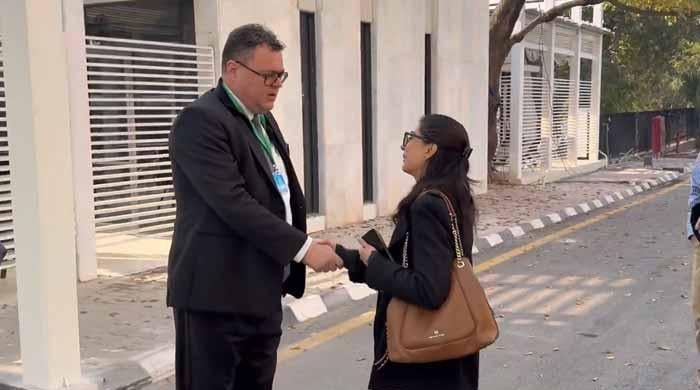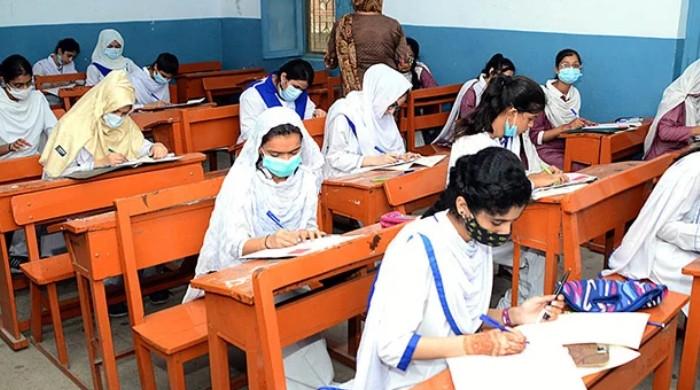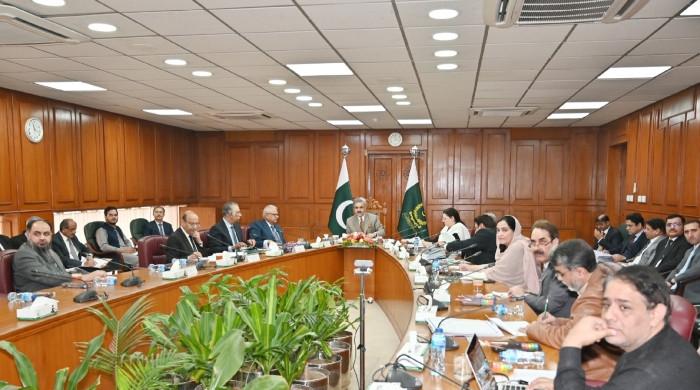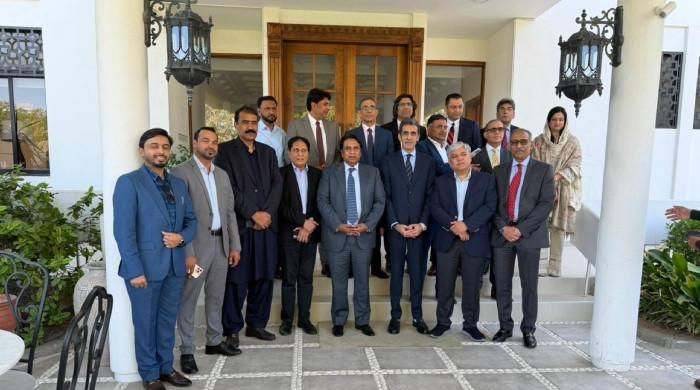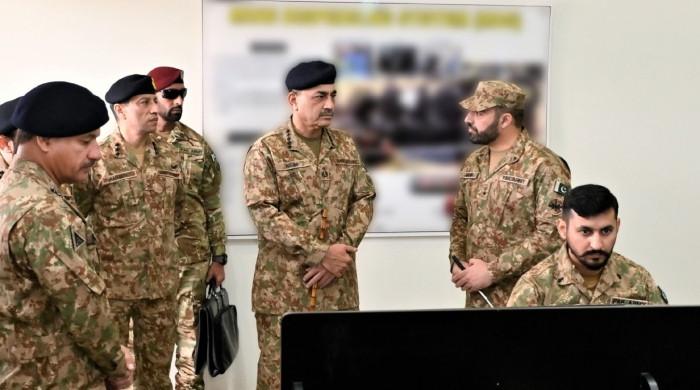Doctors, nurses on COVID-19 duty face salary delay at Lahore’s Mayo Hospital
A doctor says delay in salaries has now become routine and healthcare workers are hoping to be paid before Eid
July 23, 2020
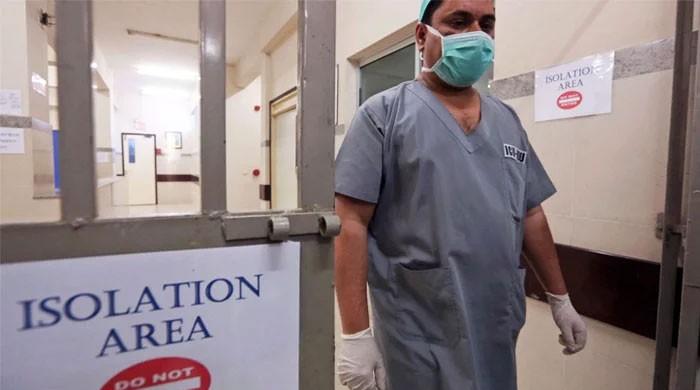
Doctors and nurses, many of whom are treating COVID-19 patients at the state-run Mayo Hospital in Lahore, face a delay in salaries for the second time this year, since the coronavirus outbreak in Pakistan.
Routinely, healthcare providers, working in the coronavirus ward of Mayo Hospital, and the intensive care unit (ICU), would promptly receive their salaries on the first of every month. However, pays for the month of June have yet to be credited to the medics’ accounts.
The staff faced a similar delay of one month when receiving their May payments.
A young doctor, working in the ICU, who asked not to be named, told Geo.tv that the administration has not provided a clear reason for the holdup.
“The excuses keep changing,” he said, over the phone, “sometimes the excuse is that the medical superintendent has not signed the cheques. At another time, they said we [the doctors] have to sign an affidavit before we are paid. I have no other source of income to run my house.”
A female doctor, tending to coronavirus patients at the hospital, said that the delay in salaries has now become routine and healthcare workers are hoping to be paid before the upcoming Eid holidays.
“Why put doctors through this torture of visiting the administration office every day,” she said, asking not to be named, “The medical staff is already working under a lot of pressure during the pandemic, this [the delay] just makes our job even more stressful.”
Other doctors who spoke to Geo.tv said a group of doctors and nurses have formed a Whatsapp group and are in talks to organize a protest against the hospital staff to ensure this does not happen again next month.
However, Mohammad Nadeem, a staff officer in the accounts department of the hospital, insisted that the pays of 157 healthcare workers were late due to clerical holdups.
“Four to five people need to sign a cheque before it is disbursed,” he said, “which is why there has been delays. The salaries will be paid by tomorrow or day after.”





